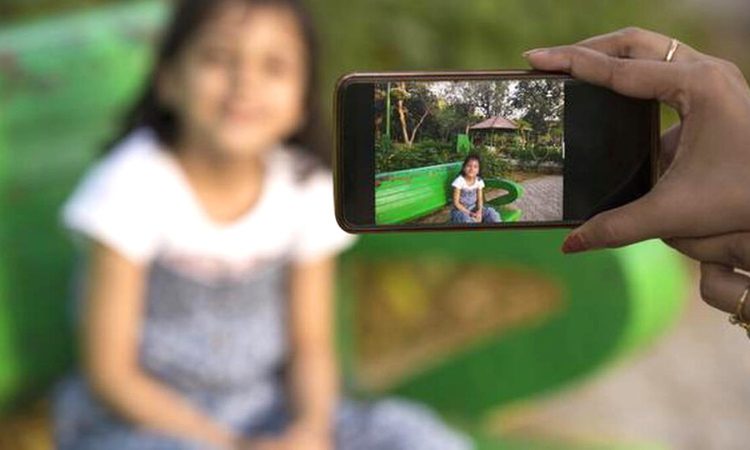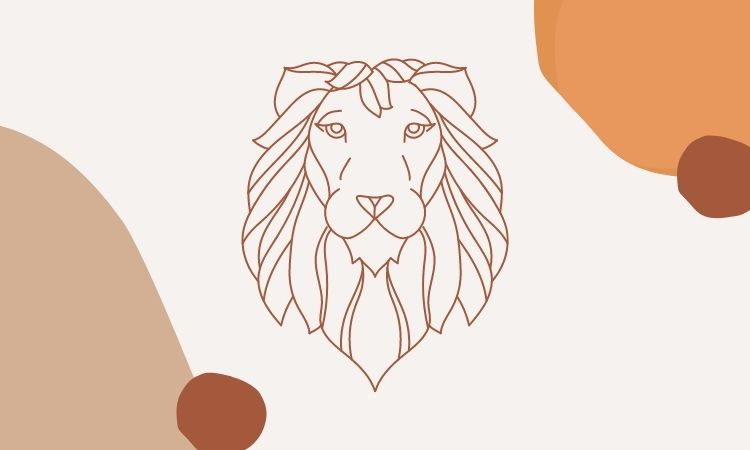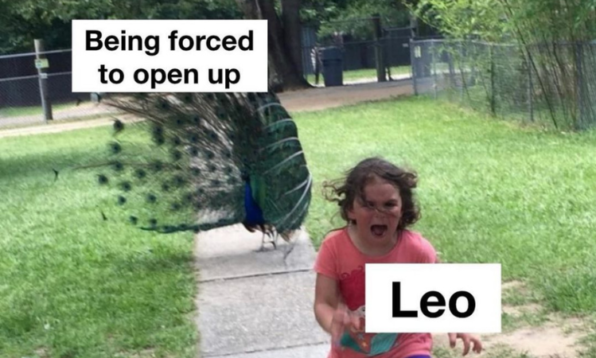Kids are so damn cute. That’s why they make up an entire genre of Internet content. Funny baby videos, posts of kids doing cute things, kids in animal costumes, the list can go on and on. If you’re a parent, you probably think your child is cuter than all others. So, it’s no surprise that your baby’s cutest moments are all over your Instagram. But have you thought of how excess ‘sharenting’ might affect your child’s future?
Are you over-sharenting?
We can’t deny the overwhelming nature of this digital age. Everything needs to be online. Because if you didn’t post it, did it even happen? In a twisted turn of events, the same applies to parents. If you didn’t post your child’s first steps or their first time trying a vegetable, did it even happen? The scary reality of this phenomenon, however, is that this sharing of your joy can quickly become harmful, and you may not even realise it.
‘Sharenting’ is defined as the practice of parents sharing information that could be sensitive about their children online. Now, what’s sensitive and what’s not? That’s difficult to ascertain because what might seem cute to you could be used as ammo against your child in the future.
Why sharenting can be dangerous
There are two considerations here, one is the child’s mental health and the other is their online and offline safety and security.
Exposing a child to bullies
You might find your child’s antics cute but the videos you post on social media can be fodder for bullies. Other children could see what you’ve posted online and use it against your child in school or on the playground when they’re vulnerable. Many parents find comfort in seeking advice online from other parents but, in the process, they land up sharing specific problems about their child’s health, academics, or behavioural issues.
“With the use of apps like Snapchat in which messages disappear upon reading, cyberbullying and peer influencing are way easier for children and teenagers to do by sending negative pictures,” explains Komal Mishra, counselling psychologist at Dr Bakshi’s Healthcare, New Delhi. “Problems such as inability to sleep and depression, which used to appear in the late teens, have started appearing earlier. Fear of missing out, or FOMO, is a new breed of social anxiety that has been gifted by oversharing on social media. FOMO has, in turn, led to increased build-up of negative emotions such as envy, jealousy, and symptoms of depression.”
Using kids for content creation may set them back
“Children at a very tender age need to follow strict routines which are grossly disturbed during content creation. What we see in a 10-second clip might have taken the content creator hours to shoot,” Ms Mishra points out. “Living under a camera lens almost all the time leads to unconscious behaviour modification of the child at an impressionable age that affects their mental health as a teenager or adult.”
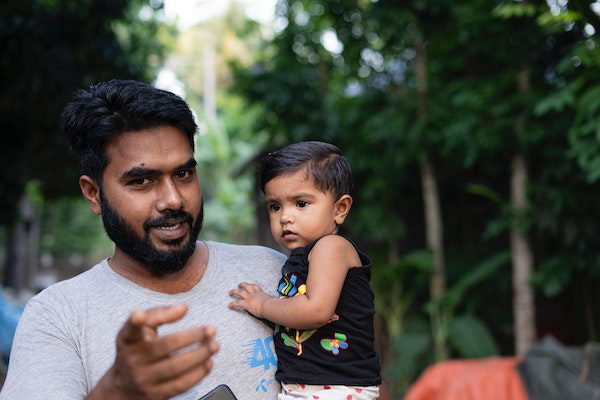
Online presence plays a large role in college admissions and employment
Even today, online activity can make or break careers. So, one can only imagine the role it will play in 10-20 years. A candidate’s presence on the internet can impact their college admissions and their employment opportunities. If your political or social opinion is being reflected through your child today, like a video of your child using abusive language or wearing an outfit that you find cute but is offensive to others, it could hamper their growth opportunities as an adult.
The content you share now could impact your relationship with your child
Your child could grow up to be completely different from what you thought they would be. And they may not like what you post about them, especially if they’re at the age at which they understand social media. Despite their protests, if you continue to post their videos and photos, the child may grow to resent you and become distant.
“When a parent creates a persona for their child, it could be opposite to how the child wants the world to perceive them,” Ms Mishra says. “This could potentially lead to issues such as strained parent-child relationships, body image issues, lack of self-esteem, self-worth, and affecting the overall mental health of the child as they turn into a young adult.”
Their full name, school, date of birth, and address can expose the child to identity theft
It boggles the mind to think of all the ways our identities could be stolen from us. A click on the wrong link, one sophisticated phishing call, or a malicious app on our phones could turn our lives upside down. As technology progresses, cyber crime also becomes smarter. So, the information you inadvertently share about your child could easily be used in the future to steal their identity. A birth announcement revealing their date of birth, a post about their academic or sporting achievements that could reveal the name of the school, or a series of posts tagging your home address can prove to be dangerous.
Location data on photos is not difficult to access
Even if you take care to not reveal any of the above details, location data on photos posted online is not difficult to access for those who are tech-savvy. If you must share photos of your child online, learn everything you can about privacy settings and be as secure as you can on your social media.
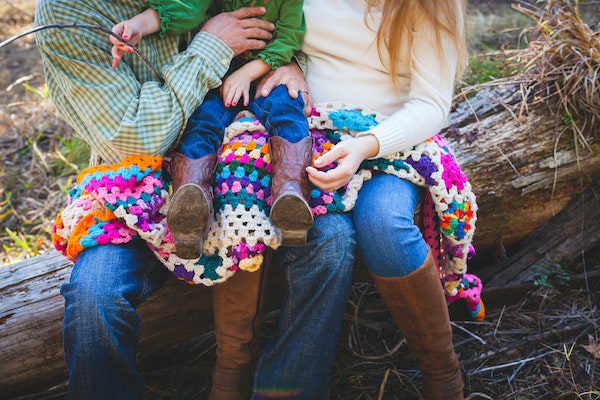
Not being able to differentiate between stalkers and people who can be trusted
Oversharing information could make a child feel that everyone knows them regardless of whether the child knows them or not. A predator could easily make a child believe that they know them by talking about a recent event in the child’s life or their parents’ names and where they stay or work. This makes it difficult for a child to judge who they can trust and who they should stay away from.
Exposing them to criminals who could morph the child’s face onto photos and videos
This is one of the most obvious threats to anyone in the public domain. Paedophiles and cyber criminals could morph your child’s face onto pornographic photos and videos. Even if the perpetrator is caught and punished for this heinous crime, the psychological damage to your child would have been done.
What do parents say about sharenting?
Neha*, who has a five-year-old daughter, makes it a point to not share much about her child on Instagram. And her concerns go beyond the aspect of security.
“Parents need to be more careful, whether the child is a girl or a boy,” Neha* says. “Pictures can be misused, sure, but they can also be viewed with intentions you wouldn’t want anywhere near your child. There are people who judge everything about a child, from their looks to their surroundings. And you don’t know if the pictures you share will be shared further with other people’s friends and family with the same intentions. Kids are also becoming more and more conscious of their social media image, thanks to their parents’ obsession with perfection on these platforms. And children being told it’s okay to show off things like their new car or a new gadget is really unhealthy in my opinion.”

While the concerns around sharenting are valid, there are parents who are trying to find the balance between over-sharenting and harmless posts to share their child’s life with loved ones.
“Okay to post but be mindful”
Ishita, mother to a toddler, says, “I don’t see anything wrong if parents post about their child on social media. But, as a parent, I am mindful of a few things when I post because this content will stay forever and may be visited by my child or future acquaintances when they grow up…The three rules I follow–a) No nude or bathing pictures, even as a baby, no matter how cute the child may be looking; b) Never post anything that shares the location of the child; c) Never leave a description that comments on physical appearance (cutest baby or fairest baby) to keep the child away from associating their value with how they look.”
What are your thoughts on this trend?
Images Source
Featured Image Source
*Name changed to protect privacy

